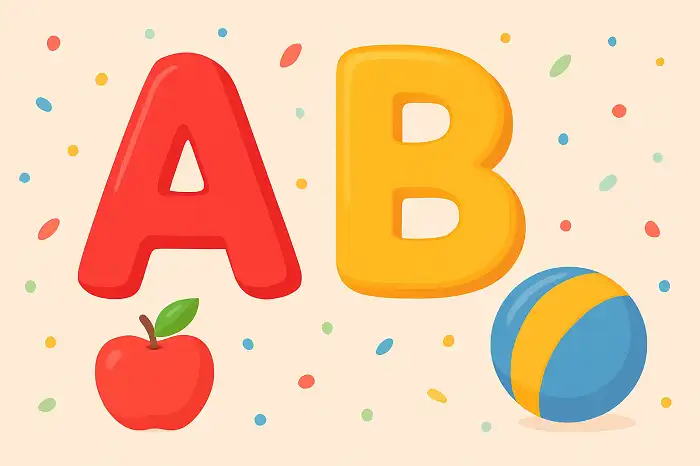English Question on Rearing Children English Question on Rearing Children for IELTS and TOEFL with comments and opinions left by our students to practice writing and grammar in an asynchronous fashion In what ways will you treat (or have you treated) your children differently from the way you were treated? If you've already raised children and could do it again knowing what you know now, what would you do differently?
Home » Speaking Practice in English » English Question on Rearing Children for IELTS

English Question on Rearing Children for IELTS
Updated: by Dr. Mohammad Hossein Hariri Asl
Time to Read: 1 minute | 337 Views | 12 Comments on English Question on Rearing Children for IELTS
Share This Post
About the Author
Dr. Mohammad Hossein Hariri Asl is an English and Persian instructor, educator, researcher, inventor, published author, blogger, SEO expert, website developer, entrepreneur, and the creator of LELB Society. He's got a PhD in TEFL (Teaching English as a Foreign Language).
Number of Posts: 4242



I like to give them more opportunities to behave and decide in their own and take more responsibilities, so in this way reach to a better and further level of self confidence and attitude.
2- It is obvious that little by little we get more experience and knowledge in life so if I had this opportunity to raise my children again surely I would behave differently and try to be better than before. I would let them more chances to behave on their own and put less restriction on them at the same time that I have a close eye on their upbringing.
You shared valuable insights with us into rearing or raising children. Thank you so much!
—
Feedback
* in their own = on their own
* reach to (verb) = reach / reach for
* have a close eye on = keep a close eye on
1_ I actually don’t have child but I well treat them like how my father and my mother did but I give it a good change of playing games.
2_ Maybe I well.
Thank you, dear Soroosh as a young person, for sharing your experiences in child rearing and upbringing. I didn’t get the meaning of “giving it a good change of playing games”, though. I suppose you meant if you were a parent, you would be more permissive by allowing your children to play more. Please correct me if I’m wrong.
I don’t have any children yet, but when I wanted to have kids some time in the future, it’s my plan to read lots of psychological books and watch documentaries and these kind of stuff related to rearing children so I can be sure how to act and react in different situations.
That’s quite reasonable. Parenting is a very serious responsibility. Some people believe that there should be a sort of parenting license before a couple decide on raising a family.
Encourage the child in light of the many demands of their eyes and wears The coach is the way, will walk.
Meant to encourage the enthusiasm, work and worship him who is encouraged to
Need to encourage the innate desire of every human life in the end he remains.
Ways to encourage look with a smile and buy candy, toys, clothes and walk him for an act that is done, Loves.
Right. This is technically referred to as “anticipation of rewards”. Children below the age of puberty need to be motivated extrinsically to form and develop some specific behaviors. When you give them some rewards upon carrying out some decent deeds, those specific behaviors are reinforced. Young children are not mature enough to rely on intrinsic motivation. That’s why we need to give them these rewards or encourage them verbally frequently.
Rearing childeren
I learn my child how to be hard-working and responsible and also I concern his needs and feelings which can help him to improve the quality of his personality. Therefore, he can boost his self-confidence and to be more calm. I don’t compare my child with his friends, because everyone has different talents and skills.
I don’t limit him and let him to tell me the thoughts that surrounds him. In this situation, he can correct his mistakes better and express his ideas easily. I recognize his talents when he is child then I try him to identify them and how to utilize them for living better. I tell him “if you want to have a better life, you have to work hard.”
Great to see you’re reflecting your own opinions here in this comment form. This way, you can practice grammar and writing in the most practical way, and the other students and I can correct your mistakes. For instance:
* I teach my child
* be more calm –> be calmer
* let him to tell me –> let him tell me
* This is rather “sexist” to use only “him / his” to refer to your child. You could use more “him/her, he/she, his/her” or even pluralize it as “them, they, their”.
Thank you for correcting my mistakes .
I forgot to write another verb behind my first verb, I wanted to say : I ecourage my child to learn …………:
As a mother , I think the verb of teaching is not suitable.
You’re so welcome.
Precisely! The verb “encourage” is for sure a better option in this context.